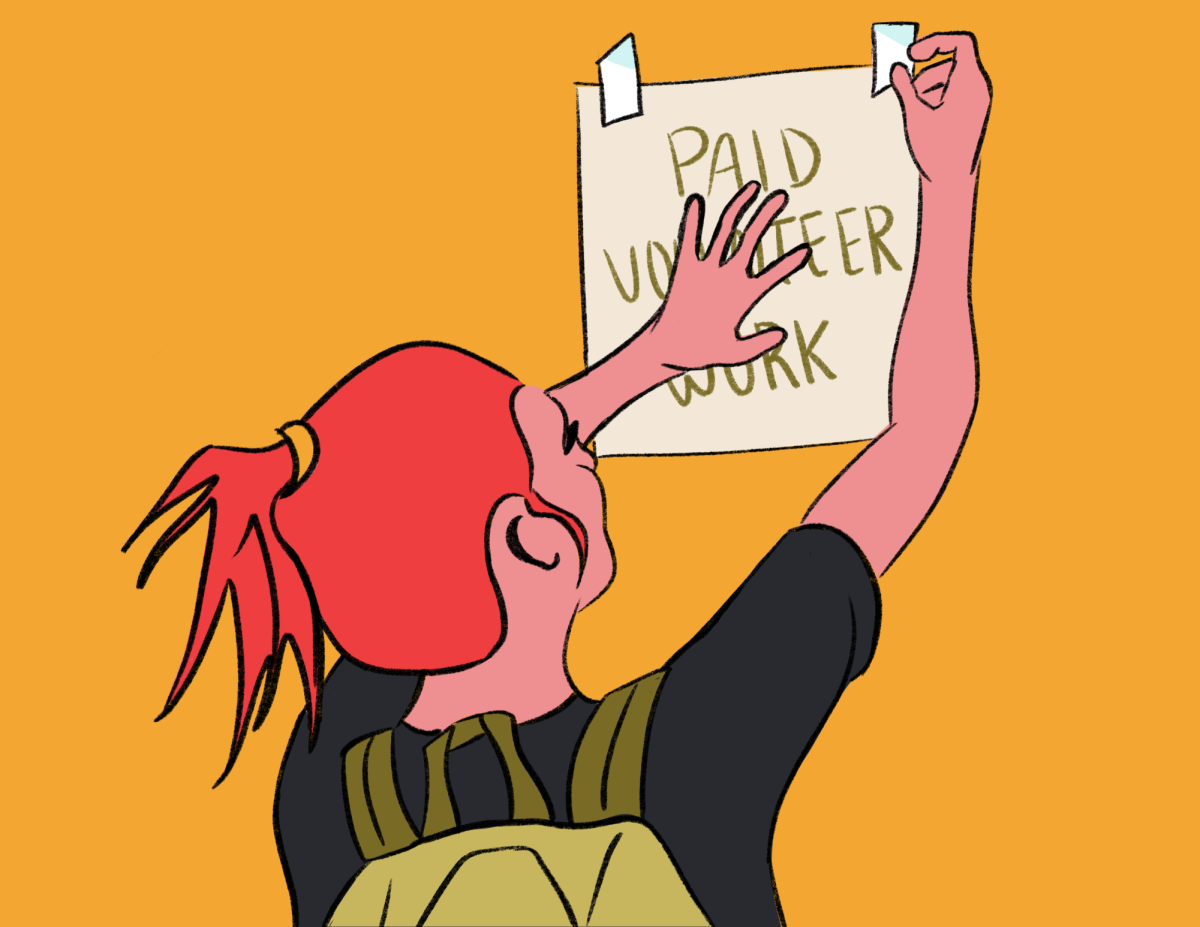As the world’s population demands faster, smarter electronics, many engineers devote their time to creating more efficient devices. Dr. Rajesh Menon, associate professor of Electrical and Computer Engineering at the University of Utah, is one such engineer.
Dr. Menon’s efforts have focused on studying nanophotonic devices, which involve manipulating light on the nanometer scale. His recent work pertains to photonic computer chips, which utilize light rather than electricity to process information.
Though photonic devices have the advantage of working faster and using less power than their electronic counterparts, they also have a shortcoming: when two photonic devices are placed too close together, information from one device leaks into the other. This unintentional “cross talk” can result in incorrect information processing.
This property of photonic devices becomes an inconvenience because it prevents engineers from integrating many of them onto one chip, which would allow each chip to perform more complex functions. This is where Dr. Menon’s project comes into play. Together with graduate student Bing Shen and Utah Nanofab Senior Optical Engineer Randy Polson, he designed a device which hides photonic devices from one another. The devices were produced in a nanofabrication facility funded by USTAR, the Utah Science Technology and Research initiative.
Their device acts as a cloak, rendering one photonic device invisible to its neighbors.
“The only reason you see an object is because light is reflecting off of it and coming into your eyes,” explained Dr. Menon. “Cloaking happens if I allow the light to essentially bend around the object.”
The cloaking concept is not new; it has been used in the past to hide objects, but Dr. Menon’s research gives it a more practical application.
Photonic devices have not become widely used because of their large size, a result of the complicated processing they perform. According to Dr. Menon, photonic chips are typically at least two orders of magnitude – 100 times – larger than their electronic counterparts. This is because the wavelengths of light are much longer than the de Broglie wavelength of electrons.
Dr. Menon’s team recently had their work published in Nature Communications and have also applied for a patent on their device. Their next step is to generalize the cloaking method to work for any photonic device, as it has currently been shown to work with a specific class of photonic device. They are also working to commercialize the cloaking device by having companies incorporate it into their devices.
“It is highly unlikely that photonic devices will ever replace electronic devices, but they will work cooperatively,” said Dr. Menon. “This gives us an additional tool in our toolbox.”
@karissawang















